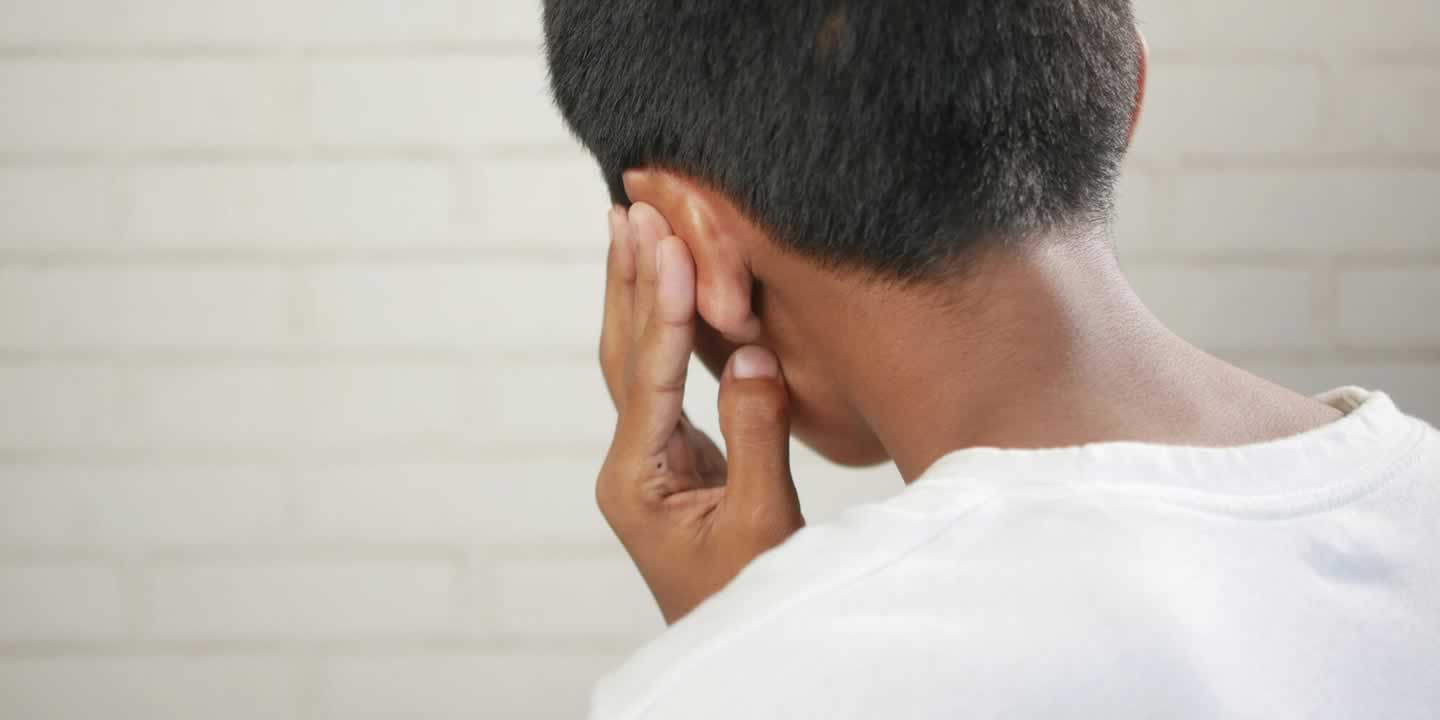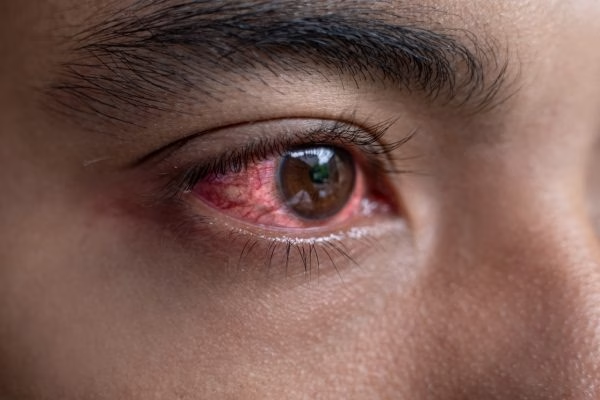
If you’re feeling a ringing in your ears and dizziness, the causes could range from dehydration to vertigo to Meniere’s disease. Learn more.
What Is Tinnitus?
A ringing, buzzing, or hissing noise in the ears when no outside sounds are happening is called tinnitus. It’s often a symptom of various conditions but can occur due to exposure to loud noise, earwax accumulation, or age-related hearing loss.
American Academy of Otolaryngology-Head and Neck Surgery suggests masking the ringing sound using devices or white noise machines and avoiding exposure to loud noises. Exercise can improve your circulation, which can relieve tinnitus. Reducing stress and getting adequate rest can also help reduce the intensity of the ringing.
Understanding Vertigo
The sensation of spinning or moving, even when you’re stationary, is what happens when you have vertigo. It’s critical to differentiate these symptoms from dizziness caused by being lightheaded. Studies show vertigo affects women more often than men.
Vertigo is a symptom of various conditions, including benign paroxysmal positional vertigo (BPPV) and vestibular neuritis. But when symptoms combine both ringing in the ears and vertigo, it often points to Meniere’s Disease.
As the Cleveland Clinic explains, you may not be able to rid yourself of vertigo on your own, but you can try some methods to find relief. Those methods include slowly standing up and turning your head, sleeping with two pillows under your head, lying in a dark and quiet room to reduce the spinning feeling, and squatting down to the floor instead of bending.
If you're experiencing frequent vertigo episodes, see a medical provider to determine the underlying cause of it.
What Is Meniere’s Disease?
Ringing in the ears combined with dizziness and hearing loss is a telltale sign of Meniere’s Disease. This balance disorder affects the inner ear. The inner ear fluid buildup can lead to severe vertigo attacks, lasting from minutes to hours, with potential nausea and vomiting. The National Institute of Health says this disease mainly affects people 40 to 60 years old.
After a Meniere’s disease diagnosis, an Ear, Nose, and Throat (ENT) specialist should manage your condition, but certain lifestyle changes can mitigate symptoms. These include a low-salt diet to reduce fluid retention, limiting caffeine and alcohol, and minimizing stress. Improving balance can also help.
Dehydration
When your body lacks adequate fluids, the blood circulating to your inner ear and brain can become thicker and decrease. As a result, the inner ears function is impaired, causing ringing in the ears and dizziness. Other symptoms of dehydration include thirst, reduced urine output, dark-colored urine, fatigue, dry skin, and lightheadedness.
If youre experiencing mild dehydration, increase your fluid intake. But if you have severe dehydration or the ringing in your ears and dizziness isnt going away, visit a medical provider for help.
Other Conditions: BPPV and Vestibular Neuritis
BPPV is a common vestibular disorder leading to vertigo, particularly when moving your head in specific directions. Unlike Menieres disease, it doesnt typically cause hearing loss or a persistent ringing in the ears but focuses on brief, intense episodes of dizziness related to head movement.
The Epley maneuver, a simple series of head and body movements performed at home or by a healthcare professional, can often resolve the dizziness associated with BPPV. Staying adequately hydrated and practicing balance exercises can also help.
Vestibular Neuritis involves inflammation of the vestibular nerve, which sends signals from the inner ear to the brain about head movement. Vestibular neuritis can cause severe, sudden vertigo, nausea, and imbalance but typically does not affect hearing or cause tinnitus.
Recovery from vestibular neuritis often involves vestibular rehabilitation therapy (VRT), a type of physical therapy designed to restore balance. Over-the-counter medications may alleviate nausea and dizziness during recovery.
Visit American Family Care for Answers
If you’re experiencing sudden hearing loss, severe dizziness causing falls, or symptoms like double vision, numbness, or difficulty speaking, seek immediate medical attention, as these could indicate more serious conditions.
Otherwise, don’t let the noise and imbalance of ringing in your ears and dizziness disrupt your life. Visit a local medical provider such as American Family Care (AFC) to begin figuring out the underlying cause of the symptoms. Understanding the underlying cause will help medical providers create a treatment plan to manage your symptoms.
Find an AFC location near you.


